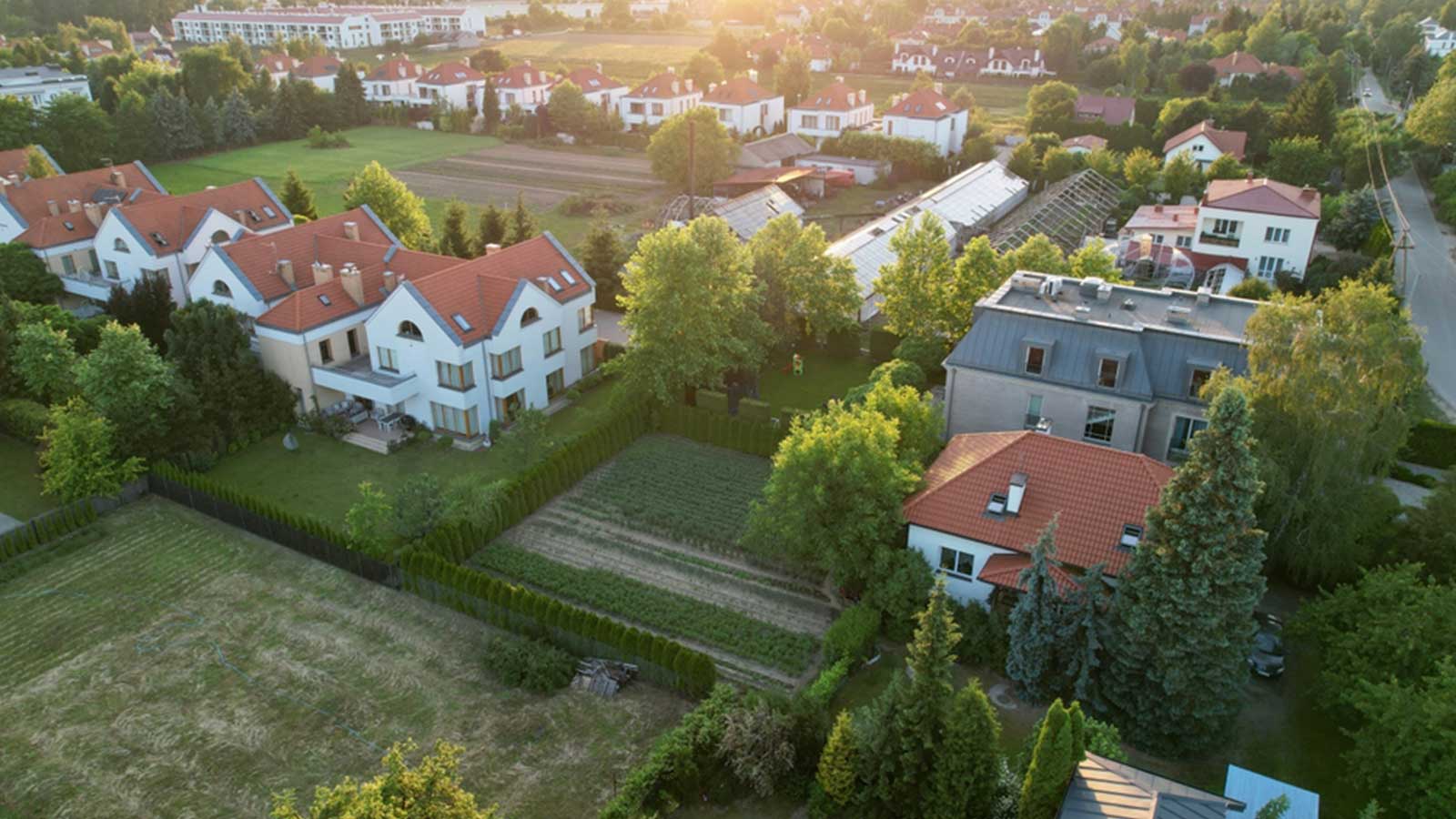Every new-build home in Poland must be net-zero compliant on carbon emissions from 2030 onwards, thanks to a new law from Brussels.
All other buildings are expected to achieve this status by 2050; by 2040, there will also be a ban on heating homes with coal and gas, and in just three years these fuels will become more expensive to use in homes.
Deputy Minister of Finance Paweł Karbownik, representing Poland at the Council of the European Union, abstained from voting. Last week, the Council adopted the directive on the energy efficiency of buildings, imposing the obligation to renovate and universally install solar panels, as well the removal of coal and gas furnaces.
Four others also abstained, including those from the Czech Republic and Slovakia, while ministers from Italy and Hungary expressed their opposition. The regulations were supported by 20 countries in all.
Now, Donald Tusk’s government has two years to develop detailed legislation that will implement one of the most controversial and expensive EU directives.
It’s not only a problem of the huge cost of the renovations for old houses, apartment blocks, and public buildings, but also about the stringent deadlines for implementing the regulations and the requirements to install heat pumps and solar panels.
Former Minister of Climate and Environment Anna Łukaszewska-Trzeciakowska noted that the former conservative government in Warsaw led by Mateusz Morawiecki appealed against the draft directive to the European Court of Justice. But the left-liberal Tusk government’s representative did not dare to vote against it, so the question arises whether the government is even aware of what is happening and what the consequences of implementing all these measures will be for the economy and society.
These regulations are unenforceable, unrealistic, and very expensive. I am only afraid that before we realize that it is impossible to implement them, we will have spent hundreds of billions of zlotys anyway.
The implications are that Poland only has nine years to renovate its oldest and most emissive housing. The challenge is enormous, since even in Polish metropolises there are entire estates of uninsulated houses, and in smaller towns and villages, many houses date back to the 1950s and 1960s and are heated by coal.
A similar scale of challenges and the requirement to reduce energy consumption apply to non-residential buildings, such as offices and schools, cinemas and theaters, but also health centers.
Taking into account the rising costs of building materials, thoroughly modernizing a house or block of flats will be expensive. Installing a heat pump in a single-family house, depending on its type, costs at least 40-70,000 zlotys (approximately €9,300-16,300), and solar panels at least 20-30,000 zlotys (approximately €4,600-7000). Therefore, the owners of a house now heated with coal or gas will have to spend well over 100,000 zlotys (over €23,200) to comply with the directive.





